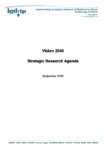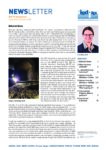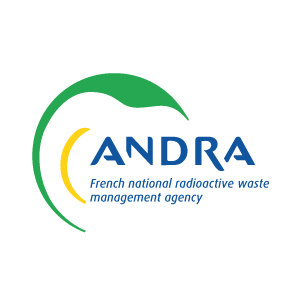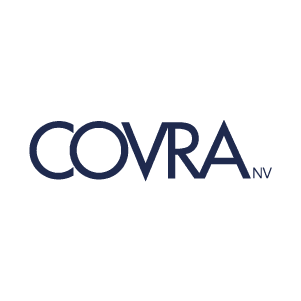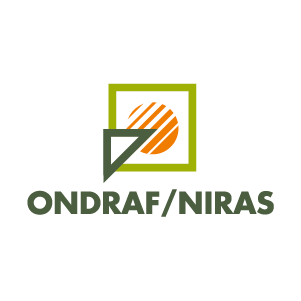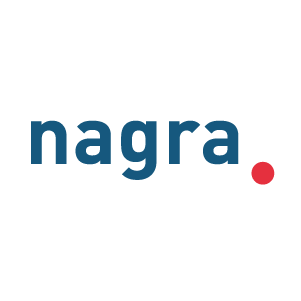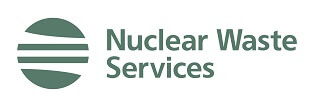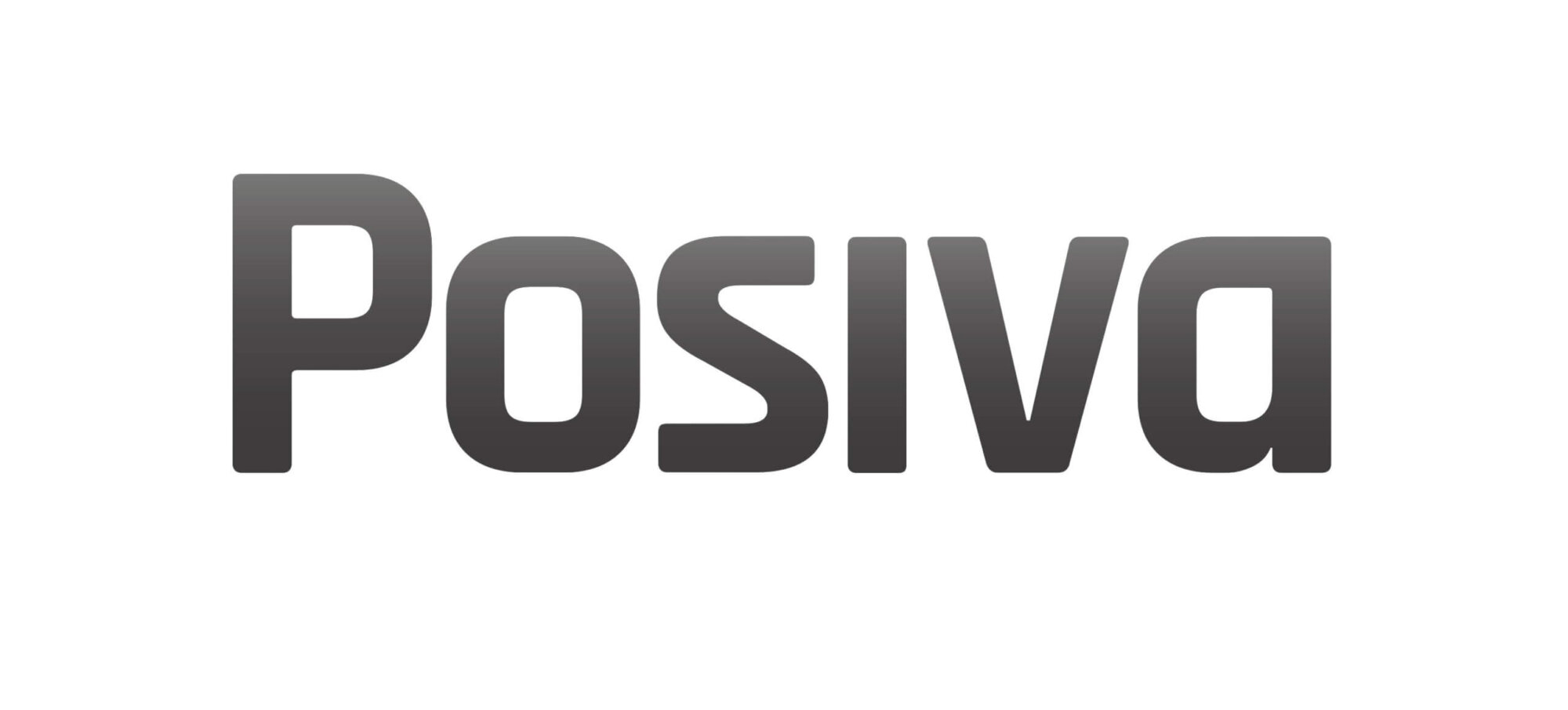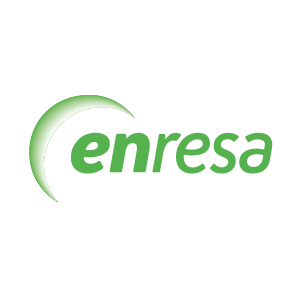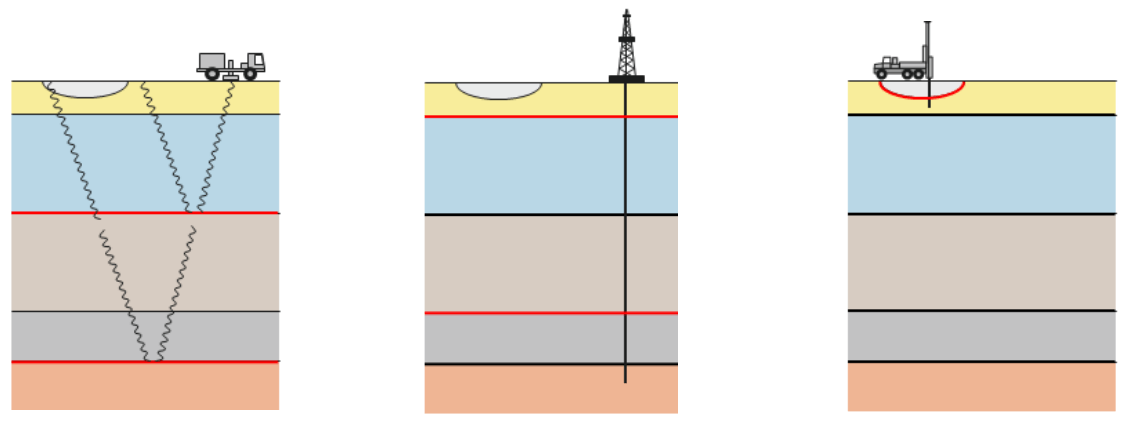Our Strategic Research Agenda (SRA) and latest newsletter are now published!
07/10/2020
The IGD-TP is delighted to announce the publication of the revised Strategic Research Agenda (SRA) and our latest newsletter.
Newsletter 10
The latest issue of the IGD-TP newsletter, Issue 10, has been published. Please download it from here.
The IGD-TP newsletter aims to keep interested parties informed about the activities of the IGD-TP, including technical projects and upcoming events, as well as provide updates from IGD-TP members and the wider community. This edition:
- announces the new IGD-TP SRA (see below);
- presents the Czech site assessment process;
- provides an update on three of our collaborative projects (KINA, PostCrit and research with CanmetMATERIALS);
- welcomes four new IGD-TP members (MCM Environmental Services Ltd, Laviosa SpA, ROBOTSYSTEM, and the Underwater Technology Center Hanover); and
- identifies future events.
IGD-TP SRA
Last winter the IGD-TP waste management organisations (WMOs) formulated our 2040 vision, reaching out to other European WMOs, both large and small and with programmes in the initial and more advanced stages, to support us. Consequently, the IGD‑TP SRA has been updated to reflect progress made since its 2011 publication, and to identify the collaborative RD&D activities needed to achieve Vision 2040. This SRA is now our reference as to where we, as the implementing organisations, see our joint RD&D priorities.
The SRA has multiple objectives: developing IGD-TP projects; helping to formulate EURAD initiatives; and informing waste management communities inside and outside Europe. The SRA has been produced to present the common research needs of the WMOs in order to support identification of future collaborative opportunities and priorities. The research topics presented are those where there are commonalities between several WMOs and where collaboration is desirable, uncertainties are highest, and/or important progress can be made. The SRA is a document for communicating the WMO research needs and opportunities to stakeholders in the waste management community, and it is also an instrument for creating synergies, co-operation and co-ordination with activities taking place in other international co-operation fora.
The RD&D topics identified in the IGD-TP SRA are those which are of interest to multiple WMOs. However, the form of the actions taken might differ significantly for the different topics. The IGD-TP considers three types of action:
- networking and information sharing between WMOs;
- R&D to generate more detailed knowledge; and
- D&D to apply the available information to large-scale experiments and demonstrators.
Often a mix of actions might be appropriate, so for each topic described in the SRA the rough percentage of each action that is considered appropriate has been indicated. For example, for some topics there might be a small contribution of R&D with a larger portion of networking. Research topics that have a large portion of R&D assigned are the ones that are likely to be considered for action as part of larger international research projects (e.g. possibly via the EURAD European Joint Project). However, while EURAD will address a range of important WMO RD&D needs, it will not address all of them. For example, the WMO R&D may not be of common interest to the Technical Support Organisations (TSOs) and Research Entities (REs) involved, the need may be more urgent than can be met through such large projects, or the research need may have a greater applied element than the typical fundamental science requirement in EURATOM-funded research. Therefore, WMOs also collaborate with other international platforms and with each other to meet the research needs identified in this, the implementers’ SRA.
IGD-TP SRA and the EURAD SRA
The EURAD European Joint Project on radioactive waste management undertakes collaborative RWM R&D activities, with its vision also supported by an SRA. The EURAD SRA is based directly on the SRA developed in the precursor EC JOPRAD project, which solicited project proposals from WMOs, TSOs and REs. Given the respective remits and visions, there are some similarities and differences between the IGD-TP and EURAD SRAs:
- The IGD-TP focuses on geological disposal, but of necessity addresses other parts of the waste management chain which directly influence the feasibility or safety of disposal. The EURAD SRA relates to the entire spectrum of radioactive waste management work including characterisation, processing and storage.
- The budget of collaborative IGD-TP activities is flexibly determined, primarily determined by the funding provided by WMOs, and the scope is agreed by these implementing organisations. The budget and the allocation of tasks within the EURAD SRA is largely fixed, at least for the first five years, and programme participants are aware of the resources which they must bring to the project and of the resources which the EC will provide.
- Both the IGD-TP and EURAD SRAs address technical and strategic issues, with an emphasis on scientific and technical work. However, the IGD-TP SRA places a greater emphasis on strategic issues and development and demonstration activities that are of crucial importance to the repository implementer.


